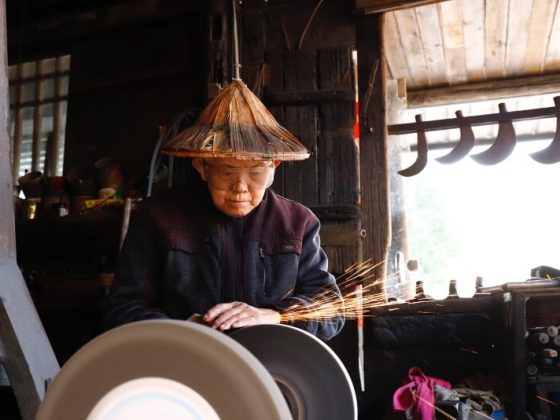Taiwan recently made headlines across the world, reaching a record 200 days without a locally transmitted case of COVID-19. However, imported cases keep entering the country from overseas, the most recent being a Taiwanese woman returning home after a business trip to Poland.
Taiwanese people are still going overseas on business trips. This woman came back with COVID. Her two colleagues who are negative are still in quarantine. https://t.co/vAQqeqHhI9
— Tricky Taipei (@trickytaipei) November 4, 2020
Reported by Focus Taiwan, the woman in her 20s traveled to Poland on September 20 with two colleagues, returning on October 25. She developed symptoms during her mandatory quarantine period and tested positive yesterday (Nov 4). Her colleagues are currently symptomless. This begs the question: why are companies sending employees overseas to countries where the virus is still a threat? Is this unethical? According to The first News: “The number of Poland’s confirmed coronavirus infections has grown since Tuesday by a record 24,692 new cases, and reached 439,536.” Doesn’t sound like the safest place to be sending your employees at the moment, if you ask us… (Read more: Taiwan: The Best Post-Pandemic Travel Destination)
Other recent imported cases are from India, Indonesia and the Philippines respectively, while some Taiwanese have fallen ill overseas, with staff at Taiwan’s representative offices in both Poland and Switzerland testing positive for the virus this week, according to Taiwan News. At the time of writing, Taiwan has reported 568 confirmed cases of coronavirus, with seven deaths since the first case was reported on January 21.
Taiwan’s impressive handling of the virus outbreak has received attention from many large media outlets of late, including VICE, TIME, and Bloomberg. With cases surging in many countries, Taiwan is becoming the envy of the world. For many, “Taiwan is a glimpse into the future. A future where the virus still exists, but is being handled expertly, efficiently and empathetically.”
(cover photo: the CECC)











